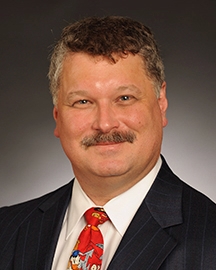

Royalties from that and other Broadway transfers helped boost the theater’s annual budget from $400,000 to $10 million in the Nicola era. The “Rent” story - 12 years on Broadway, the Pulitzer Prize, productions all over the world - is show business canon. That night its creator, Jonathan Larson, suddenly died of an aortic aneurysm. The circumstances had echoes of “Rent” - a show the theater began developing four years into Nicola’s tenure that had its final dress rehearsal at the Workshop on Jan. Two years later, his deconstruction of the Tennessee Williams classic “A Streetcar Named Desire” - Blanche, Stanley and Stella each spend stage time in the bathtub - heralded the van Hove/Workshop alliance as one of the most exciting (and divisive) destinations in New York theater. After seeing his work in Europe, Nicola brought him to direct in the United States for the first time, adapting Eugene O’Neill’s unfinished play “ More Stately Mansions,” in 1997.

But no figure is more associated with his tenure than the Belgian auteur Ivo van Hove. Under Nicola, the theater staged Churchill’s work eight times, more than any other writer.

“They wanted to change the form,” Nicola said. In conversations with Stephen Graham, its founder and current board member, he learned that the theater, which was already funding fellowships for directors, was hungry to have a bigger public profile. What became New York Theater Workshop had been presenting work around Manhattan for nearly a decade when Nicola raised his hand for the top job. A year studying abroad took him to the Royal Court Theater in London, where he got interested in directing.Įventually, it helped lead him to the writing of the British experimentalist Caryl Churchill, a Royal Court favorite, whose work he helped champion at the New York Shakespeare Festival and at Arena Stage, in Washington, D.C., where he had a one-year directing fellowship that turned into seven more years as a producing associate. In high school and then for a while at Tufts University, he took private singing lessons, imagining a career in opera or choral music. NICOLA GREW UP OUTSIDE HARTFORD, Conn., gay and closeted, the oldest of four brothers in a middle-class family. “It’s a different style of artistic directorship - that you’re in community, in dialogue, not just a blip,” she added. That’s not easy to find, even in nonprofit theaters that don’t have to obsess over the bottom line.


 0 kommentar(er)
0 kommentar(er)
